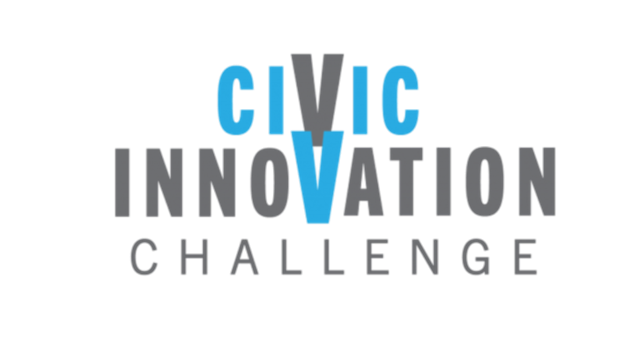
City of Austin
FOR IMMEDIATE RELEASERelease Date:
Contact: Communications and Public Information Office

Project aims to give people experiencing homelessness easier access to basic needs like food, clothing, and assistance with public benefits.
The City of Austin’s Downtown Austin Community Court (DACC) and researchers from the University of Texas at Austin (UT) are working together to provide better data to improve services for people experiencing homelessness thanks to a $50,000 grant from the National Science Foundation.
The award is funding the initial co-creation and planning for improved data sharing to assist service providers in giving people experiencing homelessness easier access to basic needs like food, clothing, and assistance with public benefits. In early 2023, UT and DACC, along with the Ending Community Homelessness Coalition (ECHO), the Sunrise Homeless Navigation Center, and other community collaborators, submitted a further grant application which, if awarded, would provide an additional $1 million in funding over one year to develop and pilot increased service provider data sharing and a community dashboard.
View a video about the grant opportunity HERE.
“This current grant is the initial phase to co-create a real time public facing dashboard and support data sharing to provide summary information to policymakers and the community, and support the information needs of people experiencing homelessnes,” said Robert Kingham, Interim Court Administrator at the Downtown Austin Community Court. “Additionally, this project will provide us with the tools and data to support analysis that we can use to allocate services and resources more efficiently and effectively, and better inform policymakers and the community. This effort will also improve our outcome reporting, which we can use to advocate for further funding to expand the services that we provide for people experiencing homelessness.”
The project is funded by the Civic Innovation Challenge (CIVIC), a research and action competition sponsored by the National Science Foundation, the Department of Energy, and the Department of Homeland Security. Teams of academic and civic partners competed for awards to support the rapid implementation of community-driven, research-based pilot projects. For CIVIC 2022, 56 teams received Stage 1 planning awards of $50,000 over 6 months.
“This grant opportunity has given us the resources we need to bring the community together to begin collaboratively designing a pilot project that is reflective of our local needs,” said Sherri Greenberg, Assistant Dean for State and Local Government Engagement at the LBJ School of Public Affairs at the University of Texas at Austin. “By prioritizing equity, user experience for individuals experiencing homelessness, functionality for service providers, and data needs in our community, we have the potential to improve access to services and data sharing capabilities across our homeless services continuum.”
To kick off the collaborative planning process, UT and DACC hosted a co-creation workshop on October 20, 2022, which included key stakeholders from across the community. Participants included individuals with lived experience, service providers, community planning partners, and governmental organizations.
Over the grant period, UT and DACC will continue to bring together community stakeholders and service partners. The goal is to equip service providers and the community with access to better data that can help them to provide timely and tailored wrap-around services.
###
